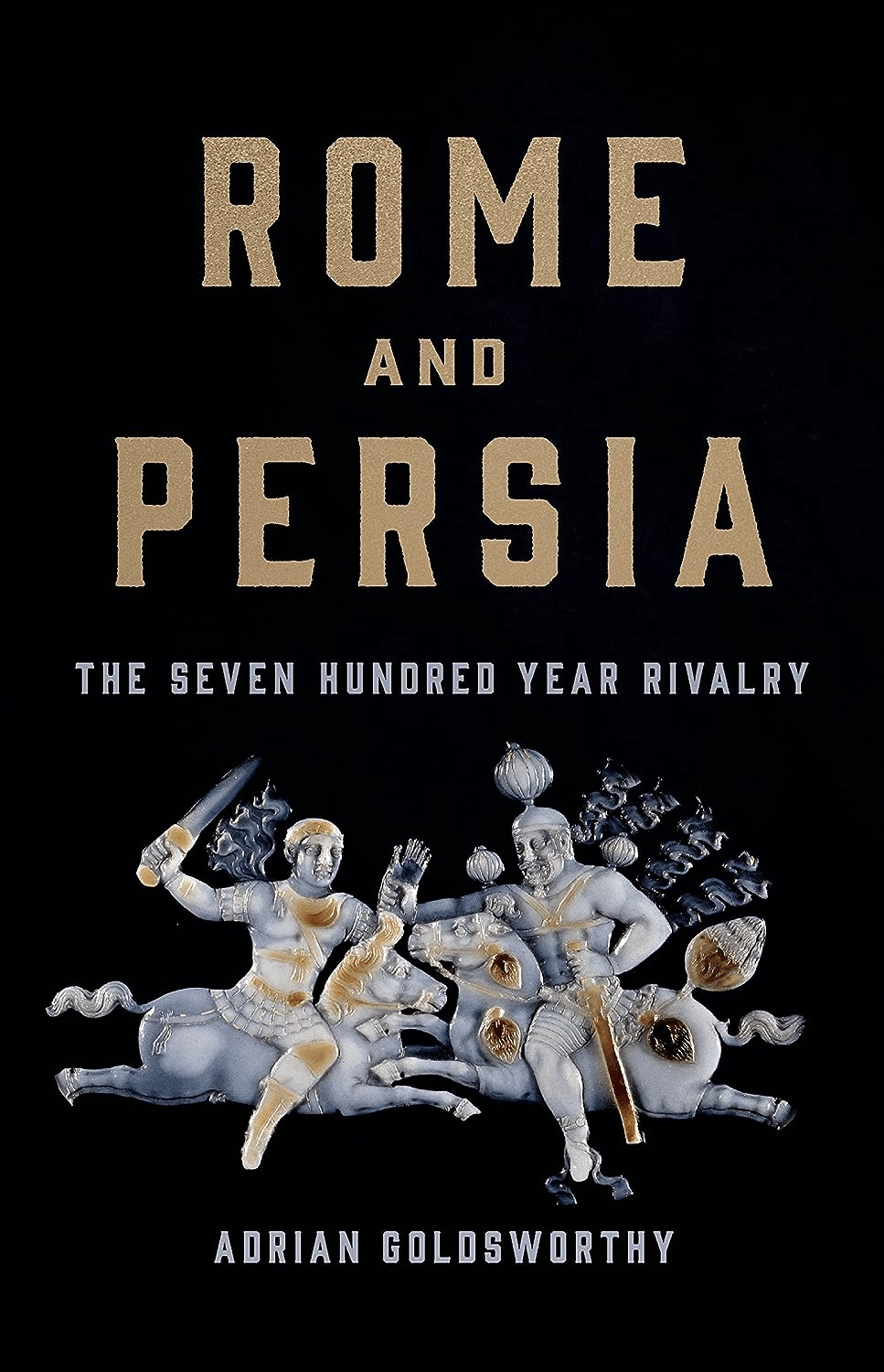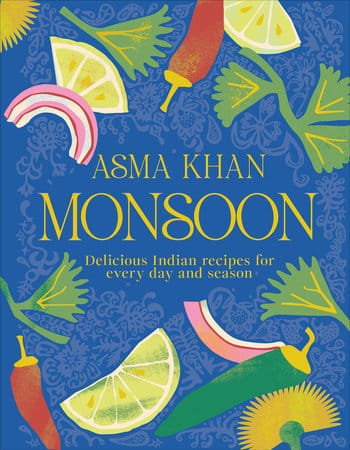
Around the World in 80 Trees
Tom Verde
Jonathan Drori.
2018, Laurence King Publishing Ltd 978-1-78627-1-617, $24.99 hb.
This engrossing title tells the botanical backstories of six dozen or so trees (out of the world’s 60,000 known species) that have had “surprising human ramifications.” Many are from the Muslim world. The “primary ancestor of all the apples we eat” came from the “central Asian hillsides” of Kazakhstan and was among the world’s earliest domesticated plants. Without “exaggeration … the magnificent cedar of Lebanon played a critical role in the development of civilization … used for temples and palaces” throughout the ancient world. While technically not a tree, the date palm “altered the course of history by enabling large numbers of people to live in deserts,” while Morocco’s argan tree enjoys a complex relationship between goats that climb its branches to eat its tough-skinned fruit and the Berber women who then gather the excreted seeds to extract their precious oil. Artful illustrations accompany each entry.
You may also be interested in...

In War and Peace, Book Explores How Rome and Persia Remained Frenemies
Book Review: In his latest scholarly work, Roman historian Adrian Goldsworthy reduces Persian and Roman longevity to simply an ever-evolving coexistence.
Asma Khan’s Monsoon Cookbook Reclaims Taste of Home—Our Book Review
Known for her all-female kitchen at London’s Darjeeling Express, Asma Khan transforms her new cookbook into a memoir, steeped in nostalgia.